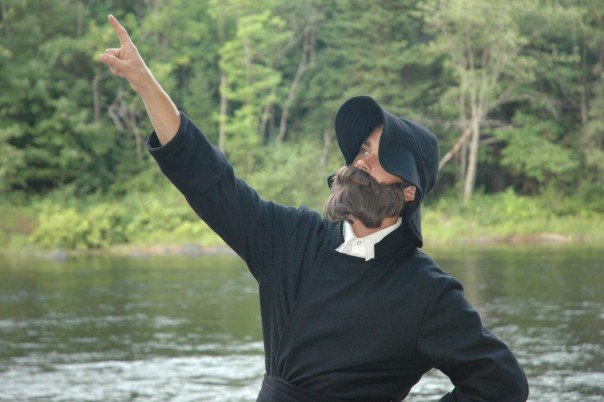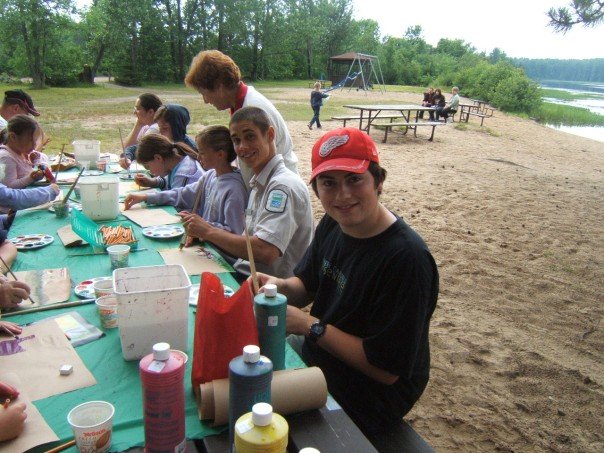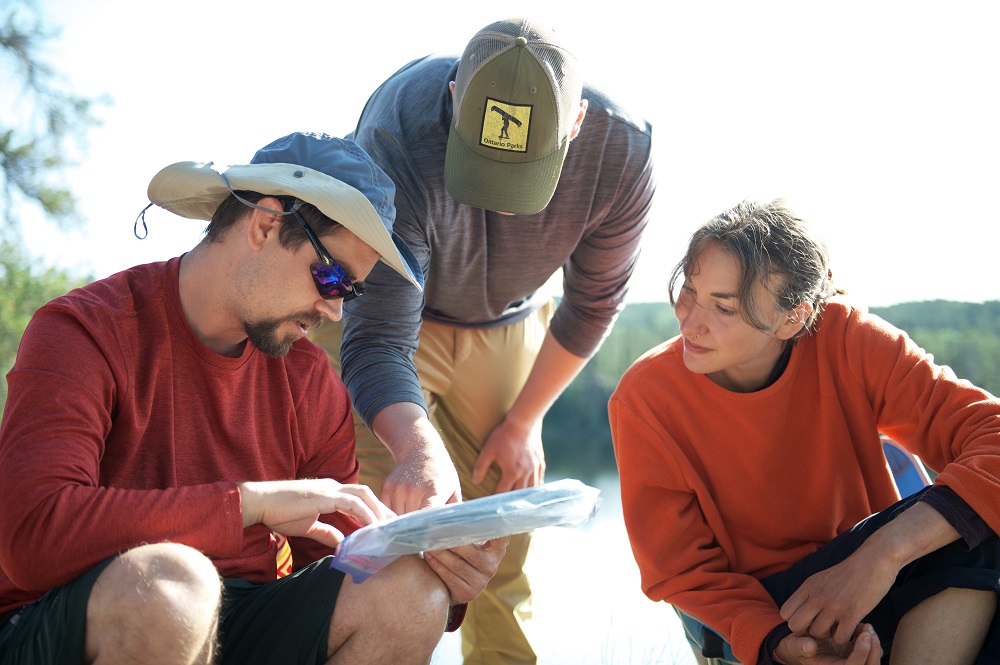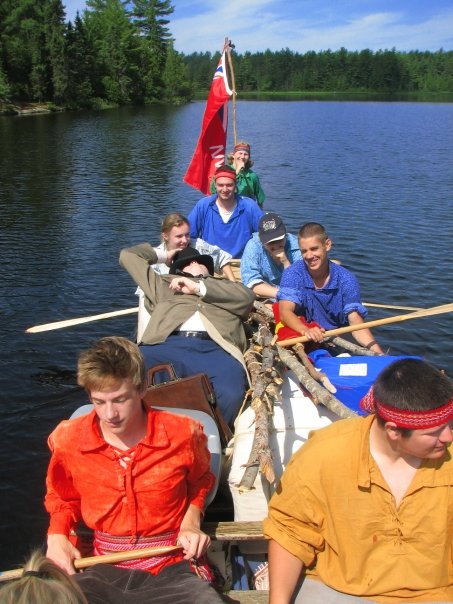Today’s blog was written by Dave Ward, park superintendent for Ontario Parks’ Temagami Cluster.
The year is 2007. I had just completed my first year of college and had no idea what direction I wanted to go with my career.
I happened to know someone who worked for Ontario Parks as an interpreter in the Discovery program. It sounded like a fantastic job so I applied online for a student park ranger position.
After a thorough interview process, I was successful in getting a Discovery position at Samuel de Champlain Provincial Park.
Little did I know at the time that my short summer experience with Ontario Parks would slowly turn into a career.
Looking back 17 years later, it’s clear to me that the skills learned as a park interpreter (now known as a Discovery ranger) contributed in a big way to the overall success in my career.

After that first season at Samuel de Champlain, I would return to Ontario Parks during the summer months between post-secondary school years.
Over the years, I worked as a campground park warden, then a backcountry park warden, and eventually found my way back to interpretation as the head park interpreter at Killarney Provincial Park.
In all these roles I think my success was connected in part to one core skillset…
Great communication!
Good park interpreters don’t just read Wikipedia pages aloud; they find novel ways to present big ideas that stimulate interest in a subject and create emotional connections to places.
Understanding how to help people make connections is a powerful tool and an extremely useful skillset to have in your back pocket.

It was never part of my plan to leave the field of interpretation, but opportunities presented themselves to me that I couldn’t turn down.
In 2014, I started as the assistant superintendent of Killarney Provincial Park and French River Provincial Park, then, in 2016, became the superintendent of Restoule Provincial Park and Mikisew Provincial Park.
I’ve finally landed where I am today as the superintendent of the Temagami group of provincial parks.

The communication skills I’ve learned as a park interpreter have been essential to what I do.
Every day I work with amazing staff and facilitate connections between the work we do, why we do it, and most importantly how everyone’s jobs connect to the bigger picture.
A passion for parks
Every park interpreter’s goal is for visitors to leave programs motivated to help protect the natural and cultural heritage of an area.

We do this by making personal connections between the visitors and the area. Park superintendents work similarly with staff. We use interpretive skill sets to make connections between staff and the park, our visitors, and our co-workers.
The best-run parks have staff that truly care about the place they work within, the people they work with, and the people that visit.
Good communicators and interpreters in management positions help make this happen. It’s an extremely valuable skillset that could be applied to many careers.
Do you want to develop your communication skills while working outside in some of the most amazing places Ontario has to offer?
Consider applying to be a Discovery ranger this summer and start your journey to becoming a skilled communicator.
